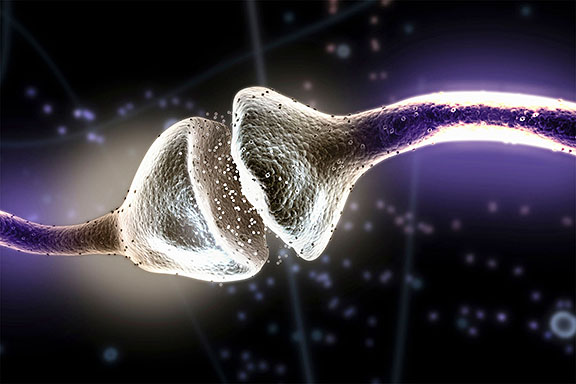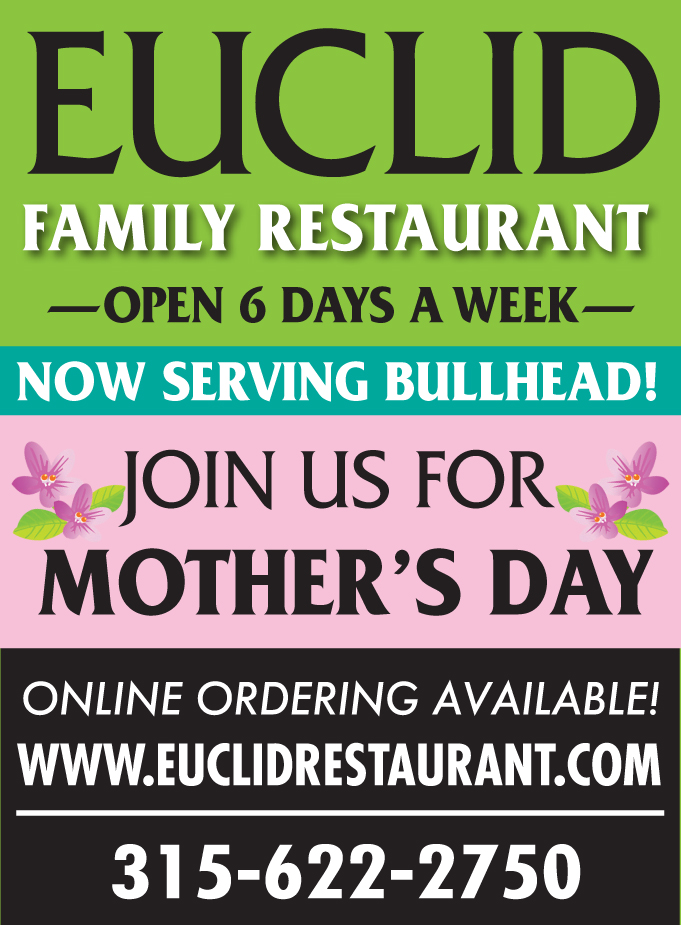Seeing with New Eyes
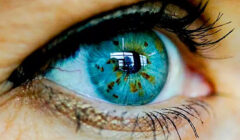
On the morning of April 18, just before I sat down to work on the second draft of this column, a column I had not planned to write, I heard an NPR segment about how a COVID infection in a mother might alter fetal brain development in male fetuses. The thinking is that a mother’s autoimmune response, including cytokine release, may be more reactive to male fetuses because male fetuses are less like the mother.
Also, the April 18 “NY Times” featured an Op-Ed piece in which writer Amy Silverstein reveals that she, along with her second transplanted heart, is going to die. The immunosuppressants that stopped Amy’s body from attacking the new heart have allowed an incurable cancer to take hold. Amy’s article is heartfelt and medically informative.
We all have individual personal health and developmental stories.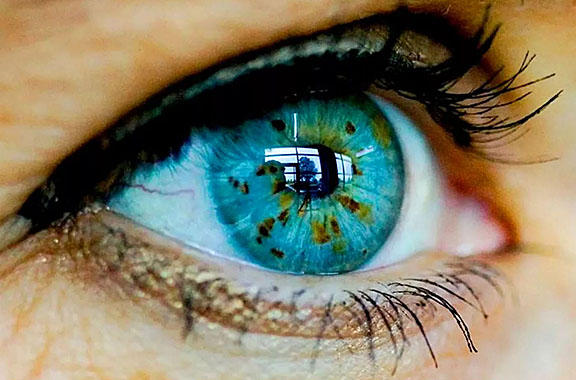
Every time I sit down at a blank computer screen to write, I worry and wonder, should I write? In recent months, I have been bothered by floaters and cloudy vision. I’ve adjusted the brightness on my computer monitor. Eye drops help. I blink a lot. I realize that my eyes, along with my memory, have been affected by brain injury and that’s something to worry about out loud. Of our five basic senses: smell, touch, hearing, taste, and vision, 70% of our sensory input is visual. Our eyes are extensions of our brains.
I’ve worn eyeglasses since around sixth grade. I remember hearing that glasses wouldn’t help what was wrong with me. At times, my father offered advice coined first by Ben Franklin: “believe none of what you hear and half of what you see.”
Why would my father suggest that I not believe statements from people I was taught to believe?
Decades later, it was my father who pressured me to get my brain scanned.
When I was in my fifties, I suffered a concussion in which I was knocked unconscious. Following this accident, I noticed what looked like circles bubbling upward and outward from the left portion of my visual field. I’d hit my left temple, so, this made sense; but the disturbing circles in my visual field triggered me to remember that I’d experienced similar visual phenomena around the time of a “kidney infection” I suffered when I was eleven. I heard I had the infection; I didn’t know the specifics. I now know I had had a baby and following that, was left brain injured.
I remember much about my experience now. And, I have read much about nutrition, oxygen circulation, and neurotransmission during pregnancy. The mother is affected. The fetus is affected. Some people fare better than others.
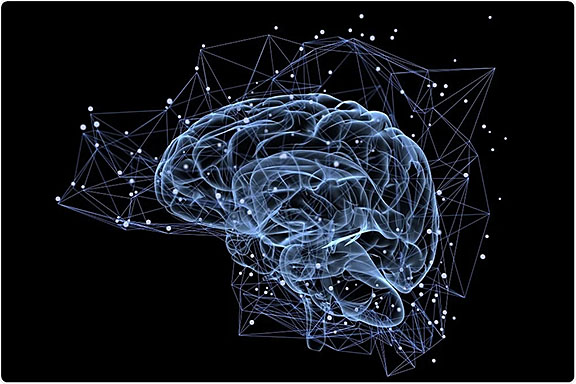
Our nervous systems connect to and monitor everything in our body. In the “NY Times” article I mentioned previously, Amy Silverstein describes what I learned recently from a friend who knows: when a new heart is placed in one’s emptied chest, the new heart’s nerves don’t automatically restore a lifetime of signaling and response patterns. Living nerves don’t reconnect like battery wires.
When brain tissue and neurons are crushed or severed, the brain’s organic, habituated connections to stored memory, including muscle and automatic physiological process regulation, are damaged as well.
When, at age 58, I first started clearly remembering the “kidney infection” experience, I assumed that my trauma was so severe that my 11-year-old mind had encapsulated the experience and dissociated the memory from my conscious awareness. (I have a BA in Psychology.) My main reason for writing this today is to share what I’ve learned communicating my updated health history.
Misunderstood words matter. I’ve read in other mothers’ memoirs that “kidney infection” was code for unwed teen pregnancy, which explains why, here and there, I’ve been confronted by health care professionals and in connection with work, by a boss from my neighborhood, because I listed “kidney infection” on medical history questionnaires.
Personal history is health history.
I’m writing this because I still encounter health care professionals who ask me, “why didn’t someone just sit you down and tell you what happened?”
Some people did.
I’m writing this because I think everyone should know how memory formation occurs in a bath of neurotransmitters, during healthy sleep, and that we label our memories with words we know and words we are given. We should all get a handle on how our consciousness processes new information.
My eyes are tired, so I’ll finish here, except to repeat, history impacts health. Book burning, head trauma and falsehoods don’t encourage health.
Marcel Proust wrote, “The real voyage of discovery consists not in seeking new lands but seeing with new eyes.”
We learn as we go.